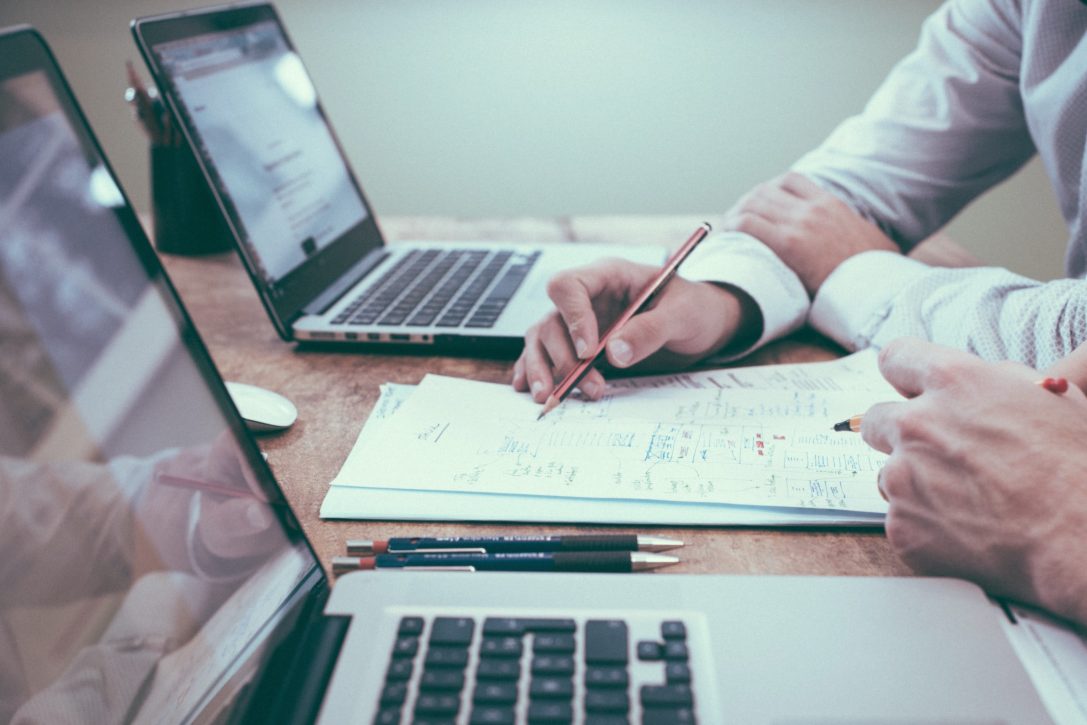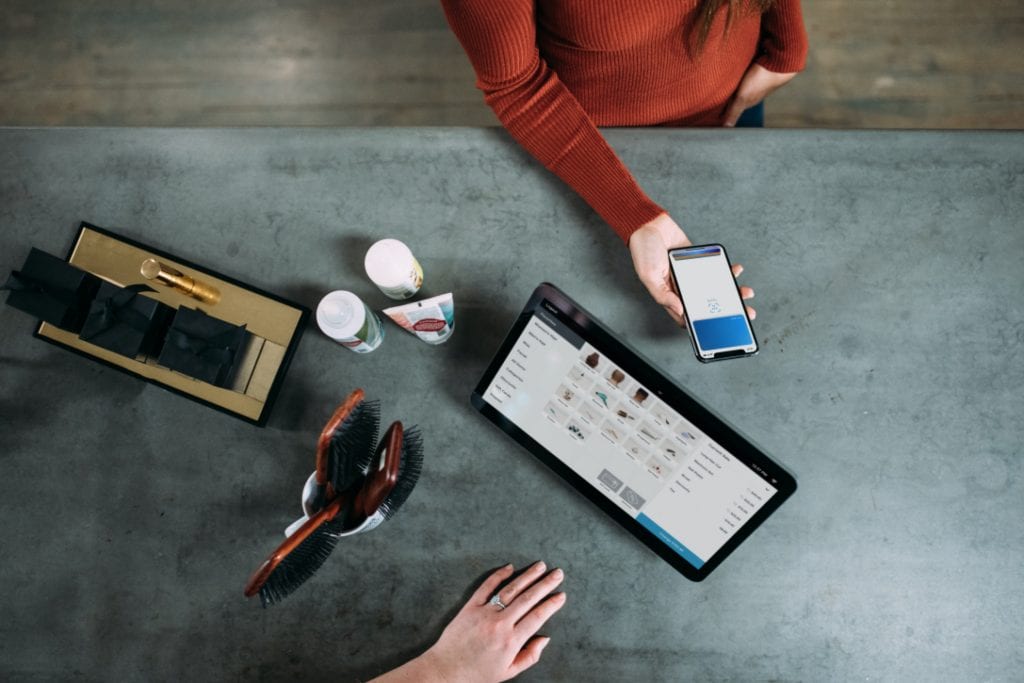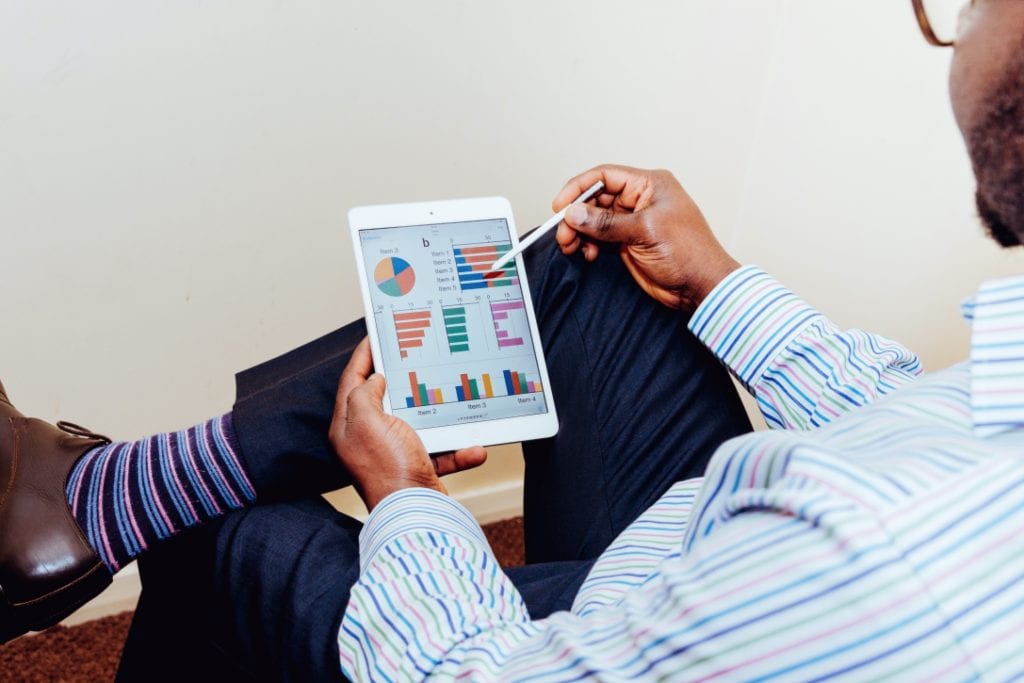According to this Brain Pickings article, it takes 21 days to form a new habit. So check out these 11 very easy, simple financial habits that’ll lead to big money savings and eventual financial freedom. Saving money will become an easy habit in no time. Don’t forget, part of money-saving is Breaking Bad Habits as well.
Clean your Home Consistently
Make cleaning and decluttering your home a routine because then, you will always have a realistic inventory of what you own. I currently have 3 staplers because my house used to be rather unorganized. With a clean home, it’s easy to find things, and you won’t have to pay for items you already have. Plus, do you need that outdated IKEA catalog that’s no longer offering what’s inside?
 Become a Negotiator
Become a Negotiator
Negotiating is not natural for most people, myself included. However, once you get into the habit of negotiating – whether it’s over a salary, a mortgage or produce at your local farmer’s market, you’ll be shocked by the money savings. It’s a financial habit worth picking up.
Increase your Savings Each Year
If you currently save 15% of your income a year, make it a habit to increase that amount each year. Next year, put away 16%. The year after? 17%. Well, you get the idea.
Consider Investing in Real Estate
The idea of buying a home can be scary. Think of it this way: If you’re paying a lot of money in rent and plan to buy a house in the future anyhow, this will save money in the long run. If this may be a good option for you, start by using a resource like a mortgage calculator on Bankrate.
Price Shop for Everything: Including Small Necessities
Most people compare prices on big items, like homes and cars. However, it’s also important to choose one cereal over another due to a $1 price difference. Instead of thinking, “Oh it’s just a couple of quarters; that’s no big deal.” Think, “If I save $1 on 12 grocery items today, that’s almost $12.” In just a few shopping trips, you’ve saved up enough for a dinner date, your gym membership or money to put towards your utilities. This financial habit is guaranteed to save money.
 Pay Bills On Time
Pay Bills On Time
This may sound elementary, but it has to be said: pay your bills on time. Paying bills on time is not only important for saving money, but it’s also a good financial habit because your 35% of your credit score is made up by your payment history. When it’s time to make big purchases like a house, it’s critical to have a good credit score.
In addition, the late fees from paying bills after the due date add up to a lot of money over time. I suggest putting these dates on your calendar every month for the entire year or setting up “auto pay” on accounts such as monthly medical premiums — financial freedom will soon follow. If you need extra money to pay some bills, consider taking paid surveys.
(Just beware, if you set up an account to auto-pay, be very careful to monitor it and turn it off if and when you no longer use that service.)
Get a Sideline that Makes Easy Money
In an economy of layoffs and unemployment, it can be dangerous to have all of your income coming from one source. To combat this, turn hobbies into a sideline or try incredibly easy ways to make money online. Learn more how to do just that at our blogs: 15 Unusual Ways to Make Good Money Fast and Apps That Make Money for Things You Already Do.
Utilize Well Designed Budget Websites & Platforms
The internet has led us to so many wonderful tools and platforms, like Mint.com. These can help set budgets, track spending and save for the future. Learn more about how this free website makes budgeting easy and other similar tools at our blog: The Top 5 Tools for Managing & Budgeting Your Money.
Create a Monthly Money Budget
To follow up on setting financial goals, an easy way to do so to create a monthly money budget. This is a steadfast way to set routine goals you consistently check in on.
 Financial Freedom Requires Financial Goals
Financial Freedom Requires Financial Goals
It’s amazing how many of us set goals for our weight and number of Netflix shows to get through per season but not for our finances. Setting financial goals gives us specific numbers to hit. If we aren’t aware of the fact we should be spending $700 less per month, then we won’t know we shouldn’t purchase that new television or iPhone.
Use Free Resources First
There are many free resources available that most people don’t use to achieve financial freedom. For example, always check your local library for reading materials, CDs and hey, even movies, before buying an item on Amazon.
Become Mindful: Use Less
You may not think pumping your soap dispenser a couple of times is a big deal, but, think about it this way. When you pump three times instead of once, you’re using three times as much as you need. That leads to running out of soap three times as fast and having to make that purchase three times as fast. It might just be soap, but that money adds up, especially if we overuse on everything, from dish soap and paper towels to BBQ sauces and salad dressings. (Plus, when it comes to foods and sauces, it saves some calories, as well!)



 Become a Negotiator
Become a Negotiator Pay Bills On Time
Pay Bills On Time Financial Freedom Requires Financial Goals
Financial Freedom Requires Financial Goals







